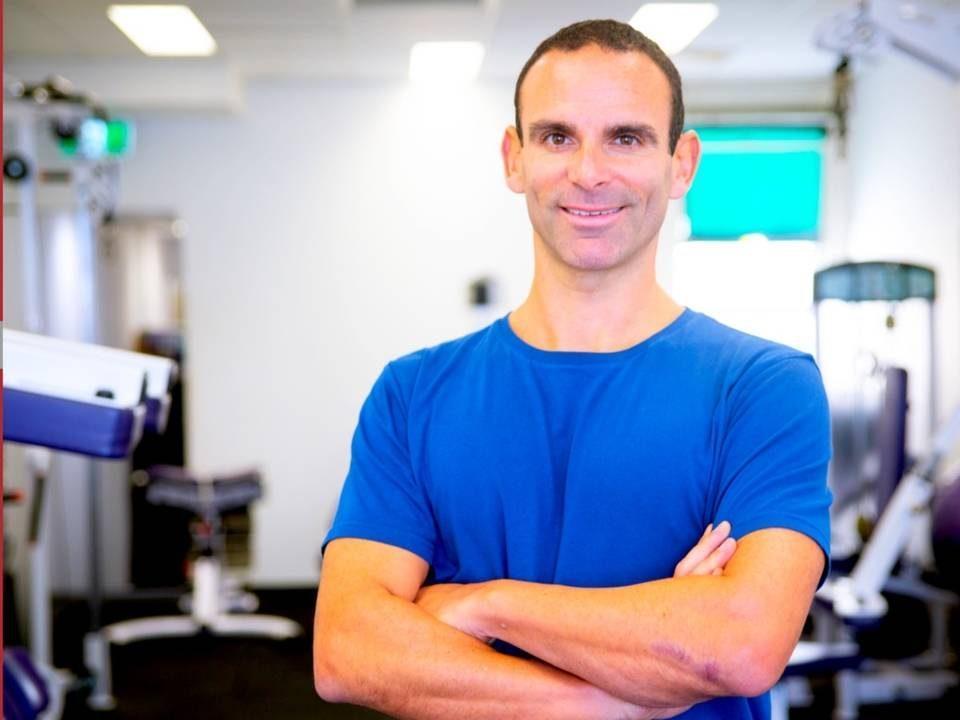
Many Australians are presently working from home. Cutting the travel time to and from work provide opportunities to spend that time doing other things we wouldn’t ordinarily have time for. But working at home can be a disruption to normal routines that we all tend to thrive on. One of the most common sentiments I hear as extended holidays draw to a close is that many actually look forward to having the routine that the work life brings. Lack of regularity is just one of several challenges being house bound presents us. With that in mind, I offer six suggestions to stay healthy and sane whist working from home for this next, unspecified period of time.
- Keep a regular sleep/wake schedule: Not having to wake up at a specific time to catch the bus to work and merely having to open the computer to start our day can allure us into creating haphazard sleeping schedules. Humans have evolved to keep regular sleep/wake, light/dark rhythms that rewards us with vitality, productivity and energy when we observe these regular sleep-wake cycles. This period of physical isolation allows us to firmly entrench an 8-hour sleep opportunity and circadian rhythm that we might never have again, as going out to restaurants and other entertainment is off the cards for the foreseeable future. Decide what time you would like to wake each day, work back 8-hours, allowing an extra 30 or so minutes for wind down, shower, intimacy and so on. Remembering to use bright lights in the morning hours and dim light in the period before bed. Then stick to this schedule every day.
- Respect work/life balance: in our parents and grandparent’s day, for the vast majority, there were no mobile phones, computers and internet. Once the work day was done, adults did not go home and keep working until all hours. Now that we are house bound and have access to emails on our phones, there can be a strong temptation to essentially work 7 days a week, without truly respecting down time. It would be wise to maintain ‘office hours’ and ‘personal hours’, where, during the latter, the phone and computer are off to work and on to family, friends and entertainment.
- Set an exercise schedule: just as we have group exercise classes, personal training and running clubs, keeping a scheduled daily exercise regime (especially in the morning before work hours) is critical to maintaining momentum and not falling off the bandwagon during this time we are at home. Here are several suggestions:
- Talking a 5 to 10-minute walk after meals aids blood sugar control and the energy slump we often get mid-afternoon. This is a very little time investment but has a huge potentially to make us feel great and energised;
- Aim to walk in nature several times a week, so we don’t develop cabin fever from doing everything indoors.
- Exercise every day and alternate hard (see next point) with easy sessions, such as walking and jogging;
- Use time efficient modes of interval training, such as stair or hill runs, as the ‘hard’ sessions. Aim to accumulate at least 10 minutes of high-intensity work in these sessions. After a 5-minute warm-up, finding a hill or stairs it takes about a minute to reach the top, tackle these 10 times with a slow walk back down. Skipping is another tremendous exercise mode, where you would aim to do a similar workout (10 x 60-seconds of skipping with, say, 30-seconds rest in between);
- Set up a body weight circuit three times a week. An example of a circuit might be: squats, push-ups, lunges, abdominal planks and skipping. Do each exercise for 60-seconds, moving quickly on to the next exercise. Rest a minute at the end of the circuit, and perform five rounds of the circuit,
- Use house bound time wisely: This unusual time provides us with the perfect opportunity to work on aspects of health and fitness that we do no ordinarily have time for, such as stretching, trigger point work or foam rolling, deep breathing and meditation. It can be as simple as a 5-minute stretch, foam roll or deep breathing while you make your morning coffee or tea. It’s another healthy habit that takes basically no extra time from your day but doing it regularly will make you feel great.
- Be mindful of eating ‘as something to do’: Most people working from home have already worked this out – we eat because we are bored, procrastinating or as something to do. So that we all don’t gain unwanted weight over this time, it would be helpful to set an eating schedule that we stick to every day and avoid mindless walks into the kitchen to snack.
- Stay connected: It has already been observed that the phase ‘social distancing’ is unhelpful and the term ‘physical distancing’ might be more appropriate. We are very used to seeing people at work, on the bus or after work. This, for the time being, has largely stopped. Rather than just texting people, make the time during ‘personal hours’ try to use FaceTime, Skype and Zoom as a way of connecting with others, especially those really affected by isolation, such as the elderly. Try to call people as well, rather than texting. In this way, those who are more affected by physical distancing will feel a much greater sense of connection, which is far better for everyone’s mental health.
Dr Tony Boutagy is an Exercise Physiologist with a PhD in exercise and sports science from Charles Darwin University. He’s conducted over 50,000 training sessions in his career that has spanned 25 years, and is regarded as one of the premier personal trainers in the country.



